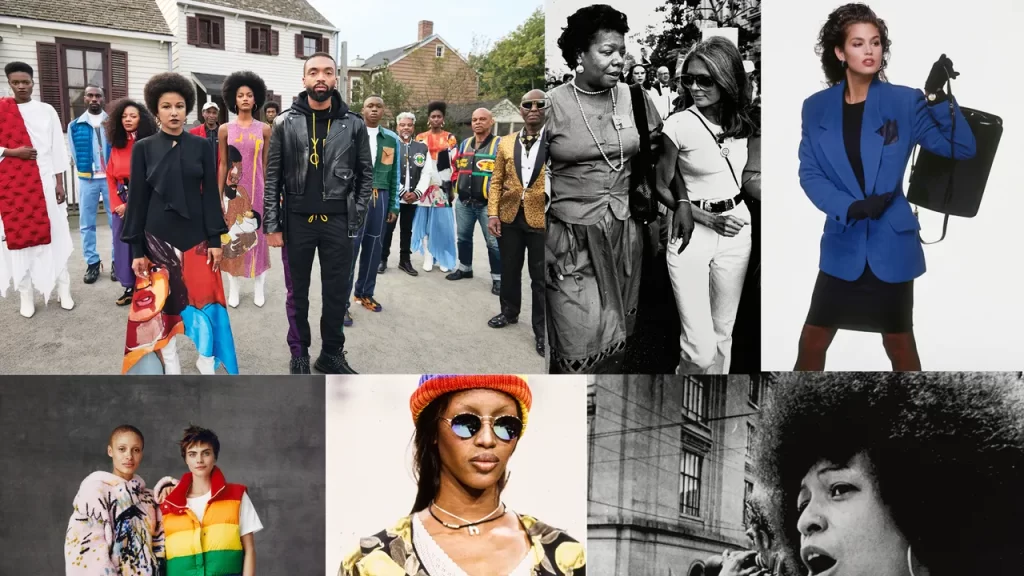Fashion is an ever-evolving industry that plays a vital role in our everyday lives. From the clothes we wear to the accessories we adorn, fashion allows us to express ourselves, make a statement, and showcase our individuality. It is a form of art that constantly changes and adapts to the trends and influences of society.
Over the years, fashion has become more than just clothing. It has transformed into a multi-billion-dollar industry that encompasses various aspects such as design, production, marketing, and retail. Fashion designers are the creative minds behind the garments we wear, while fashion houses and brands dictate the trends and styles that dominate the market.
Fashion trends come and go, but there are certain timeless pieces and styles that withstand the test of time. The little black dress, tailored suits, and classic denim jeans are just a few examples of staple items that never go out of style. These pieces are versatile, easy to wear, and can be dressed up or down depending on the occasion.
The fashion industry is also heavily influenced by cultural and societal factors. Designers draw inspiration from art, history, music, and even politics to create collections that resonate with consumers. Certain trends may be reflective of a particular era or movement, while others may be a response to current events or social issues.
Trends in fashion are often cyclical, with styles from previous decades making a comeback in a modernized form. For example, 90s fashion has made a resurgence in recent years, with slip dresses, crop tops, and chunky sneakers becoming popular once again. This nostalgic trend is often embraced by millennials who grew up during that era.
In addition to clothing, accessories also play a significant role in the world of fashion. Bags, shoes, jewelry, and hats can elevate an outfit and add a personal touch to one’s style. Designers often create accessories that complement their clothing collections and help to create a cohesive look.
Fashion shows and runway presentations are a key component of the industry, showcasing the latest designs and trends from top designers around the world. These events provide a platform for designers to unveil their collections and garner attention from buyers, media, and consumers. Fashion weeks in New York, Paris, Milan, and London are highly anticipated events that set the tone for the upcoming seasons.
Social media has revolutionized the way we consume and engage with fashion. Platforms like Instagram, Pinterest, and TikTok allow users to discover new brands, follow influencers, and stay up to date on the latest trends. Fashion bloggers and influencers have become powerful voices in the industry, influencing consumer behavior and driving sales for brands.
In conclusion, fashion is a dynamic and ever-evolving industry that allows us to express ourselves, make a statement, and showcase our individuality. From clothing to accessories, designers draw inspiration from a variety of sources to create collections that resonate with consumers. Trends come and go, but certain timeless pieces and styles will always remain relevant. Fashion is more than just clothing; it is a form of self-expression and creativity that continues to shape our culture and society.

